Childhood memories often hold a special place in our hearts, filled with laughter, joy, and carefree moments. However, sometimes those rose-colored glasses can obscure a less idyllic reality. If you’re wondering whether your seemingly “happy” childhood might have had some hidden shadows, here are a few signs to consider.
1. You struggle to identify or express your feelings.
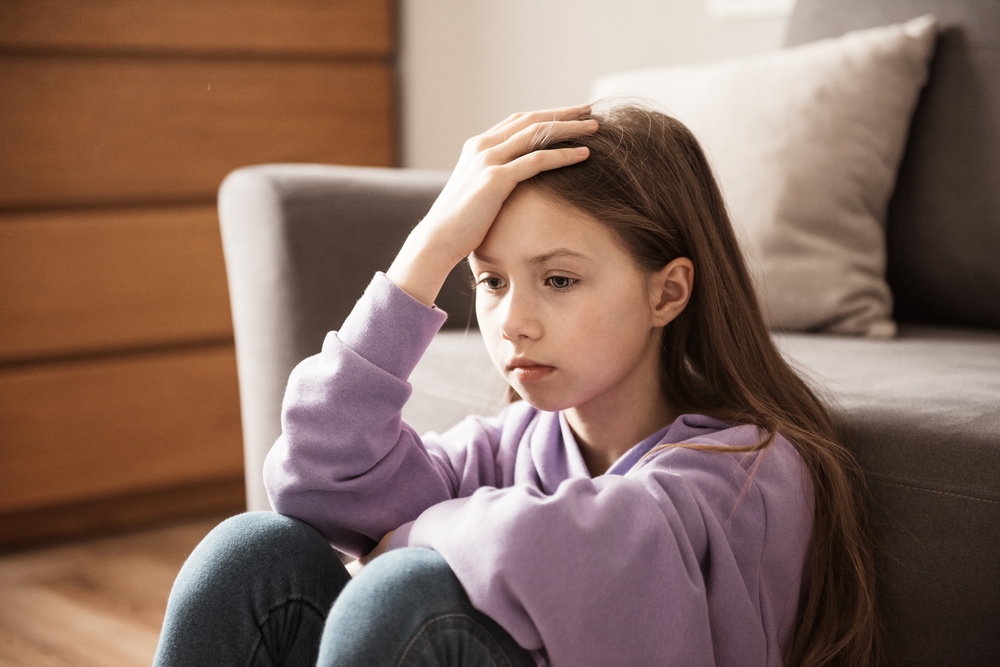
Growing up in an environment where emotional expression wasn’t encouraged or validated can make it difficult to identify and articulate your feelings as an adult. If you often feel numb, confused, or overwhelmed by your emotions, it could be a sign that you weren’t given the tools to process them during your formative years.
2. You’re desperate for other people’s approval and validation.
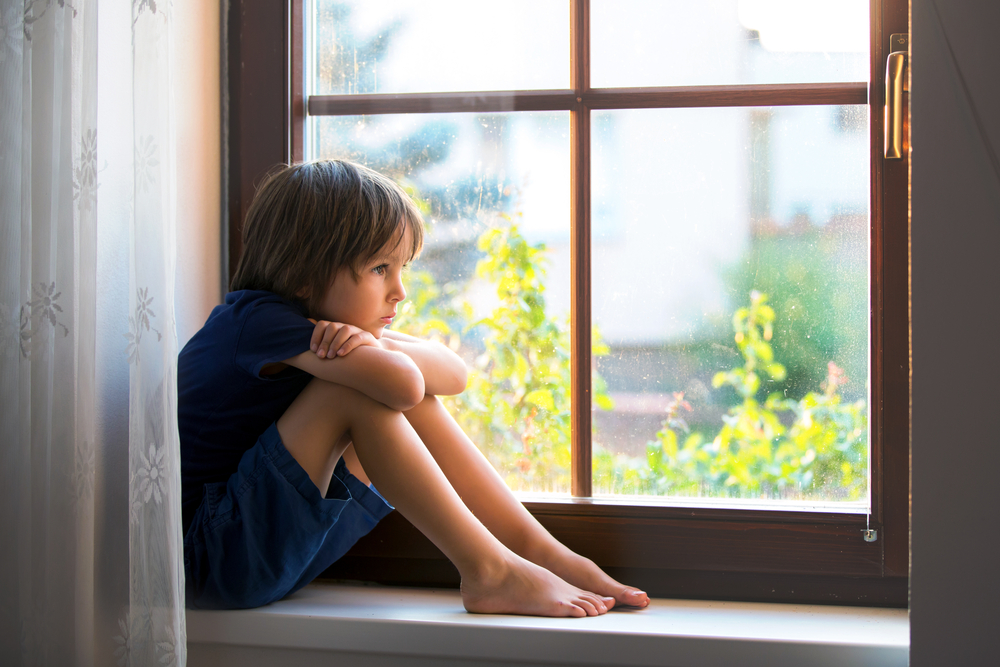
If you constantly seek external validation, it might stem from a childhood where your accomplishments and worth were rarely acknowledged or celebrated, according to Psychology Today. You may have learned to rely on other people’s opinions to feel good about yourself, which can lead to a constant need for approval and a fear of rejection.
3. You don’t know how to set boundaries or say “no.”
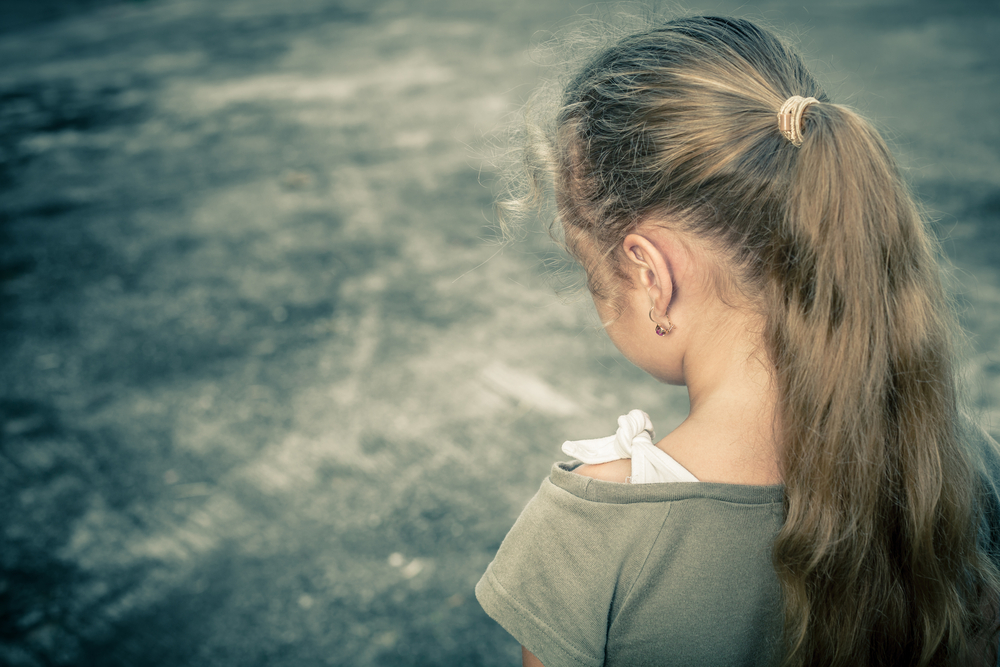
If you’re a yes person and lack personal boundaries, it might be a result of a childhood where your needs and preferences were often overlooked or disregarded. You may have learned to prioritize everyone else’s needs over your own, leading to a fear of conflict and a reluctance to assert yourself.
4. You struggle with perfectionism and fear of failure.
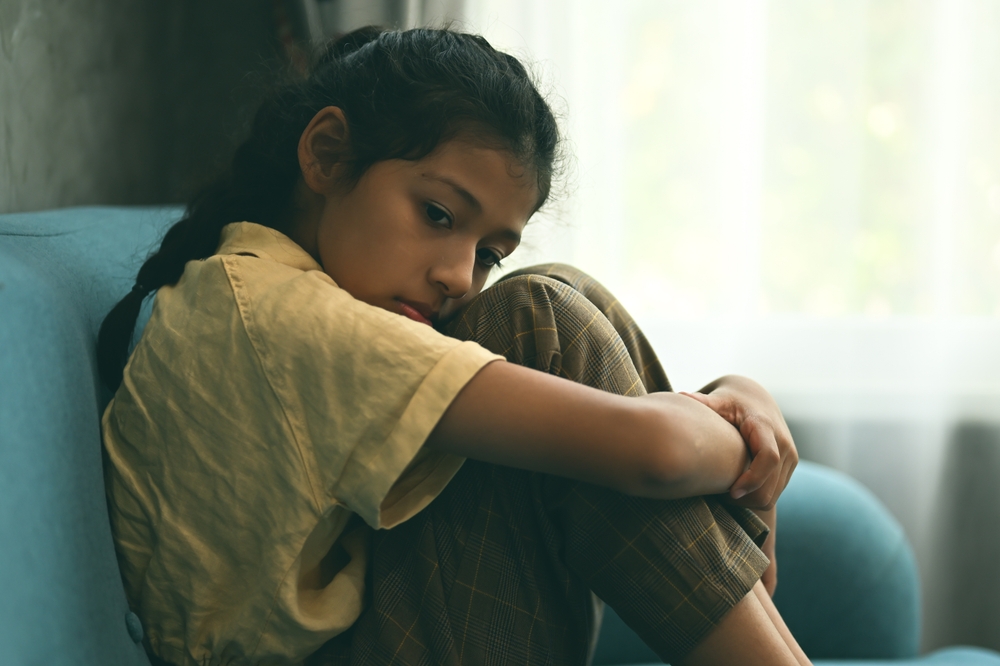
If you’re constantly striving for perfection and fear making mistakes, it could be a consequence of a childhood where you were criticized or punished for not meeting high expectations. You may have internalized the belief that you’re only worthy of love and acceptance if you’re flawless, leading to anxiety and a fear of failure.
5. You have a hard time trusting people and letting anyone get close to you.
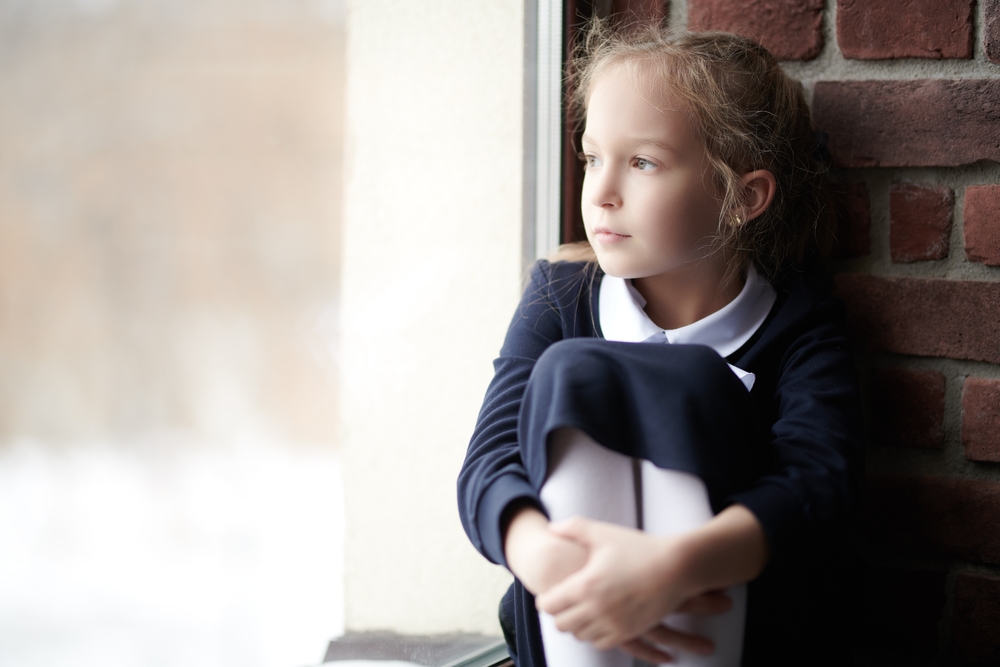
If you find it nearly impossible to trust people or open up emotionally, it might be due to a lack of secure attachments in your childhood. Maybe your caregivers weren’t consistently available or supportive, or you experienced betrayals or inconsistencies in your relationships. This can make it challenging to form trusting and intimate connections as an adult.
6. You feel responsible for other people’s emotions and happiness.
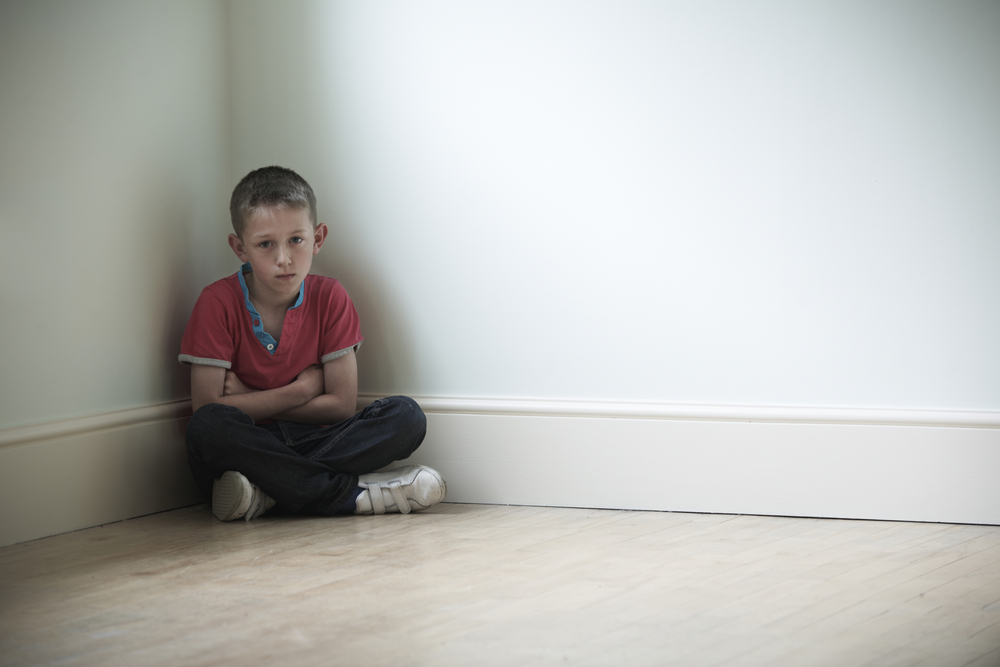
If you often feel responsible for other people’s happiness or emotional well-being, it could be a sign that you grew up in an environment where you were made to feel responsible for your parents’ or siblings’ emotions. This can lead to a pattern of people-pleasing and a fear of letting anyone down.
7. You have low self-esteem and a negative self-image.
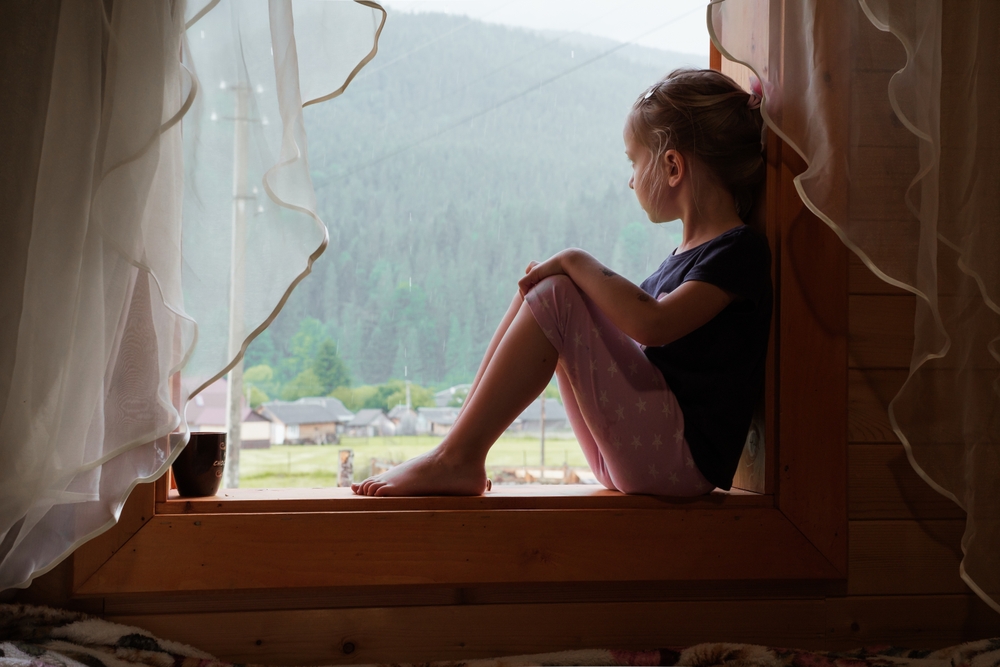
If you constantly criticize yourself, feel unworthy of love and happiness, or have a negative view of yourself, it could be a reflection of a childhood where you weren’t given enough positive reinforcement or unconditional love. You may have internalized negative messages about yourself, leading to a lack of self-worth and self-love.
8. You have a tendency to overthink and worry excessively.
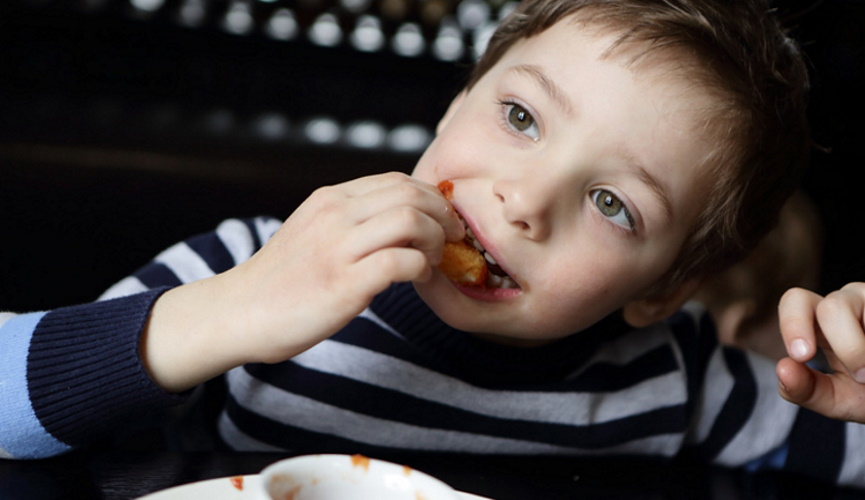
If you’re prone to overthinking, rumination, and excessive worry, it might be a coping mechanism developed in childhood to deal with uncertainty or unpredictability. You may have learned to anticipate potential problems and overanalyze situations as a way to protect yourself from harm or disappointment.
9. You have difficulty maintaining healthy relationships.
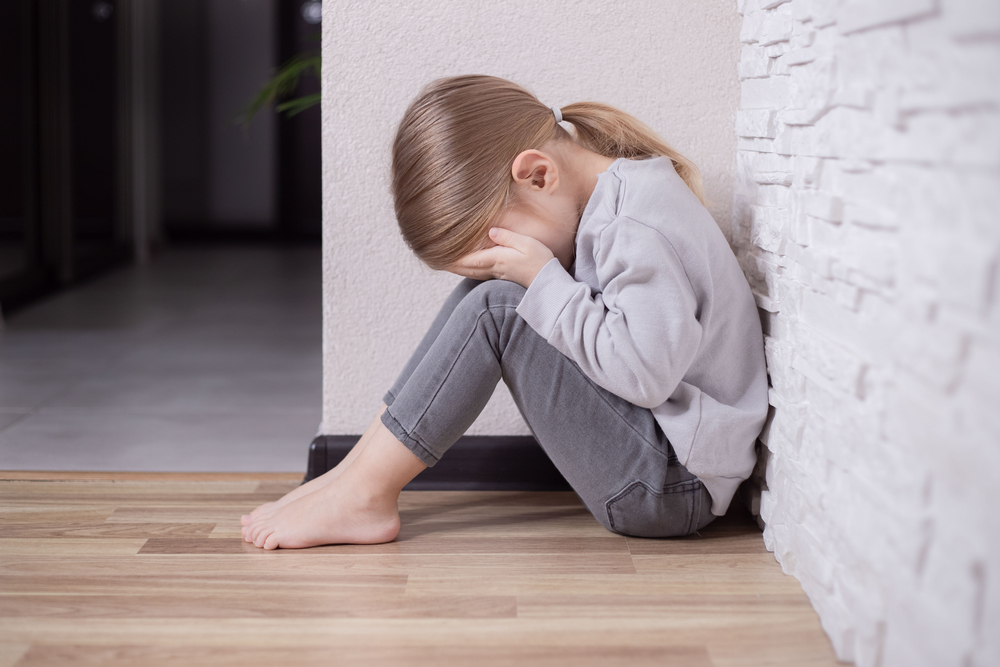
If you struggle to form and maintain healthy relationships as an adult, it could be a consequence of unhealthy relationship patterns modeled in your childhood. Maybe you witnessed unhealthy communication, conflict resolution, or emotional expression in your family, which has influenced your own relationship dynamics.
10. You have a tendency to self-isolate and avoid social interactions.
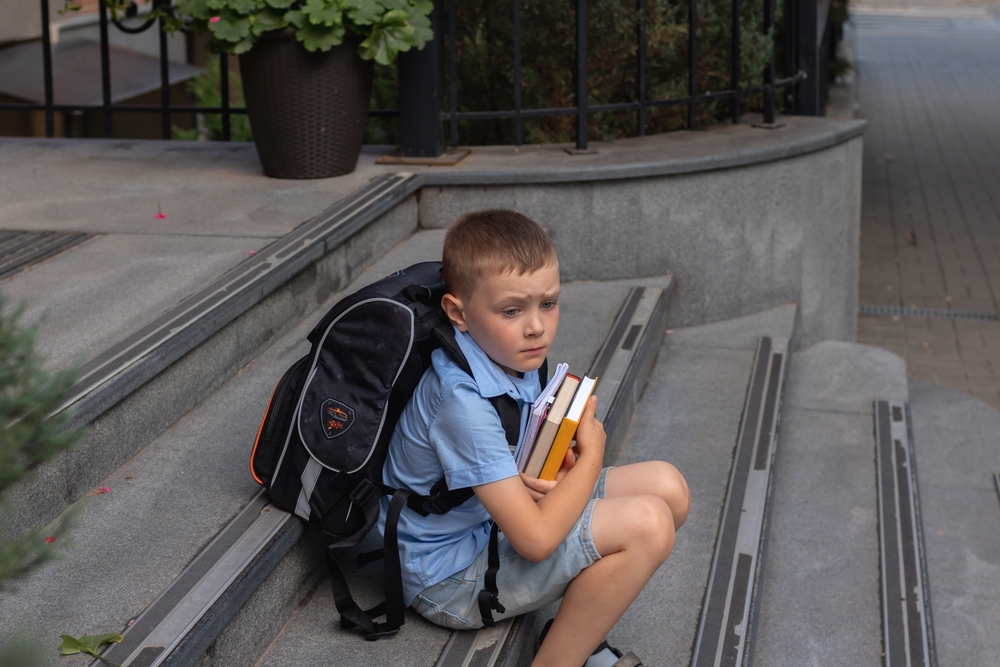
If you prefer to be alone and avoid social situations, it might be a result of feeling misunderstood or unsupported during your childhood. You may have learned to rely on yourself and withdraw from social interactions as a way to protect yourself from potential hurt or rejection.
11. You experience flashbacks or nightmares related to childhood events.
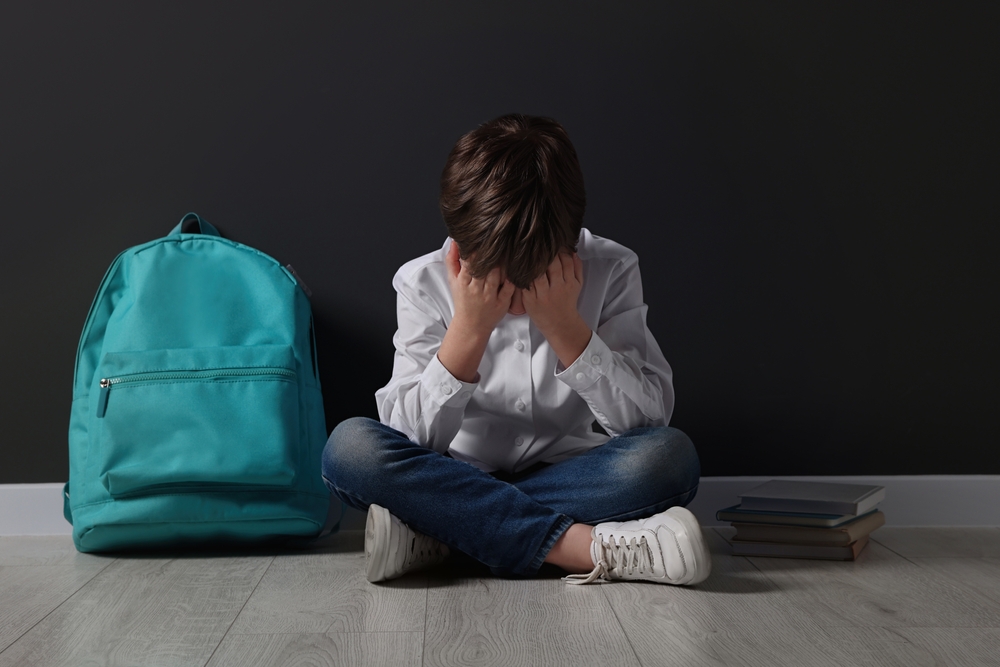
Flashbacks or nightmares related to specific events or general feelings of unease about your childhood can be a sign of unresolved trauma. These experiences can linger in your subconscious and affect your emotional well-being even years later.
12. You struggle with addiction or other self-destructive behaviors.
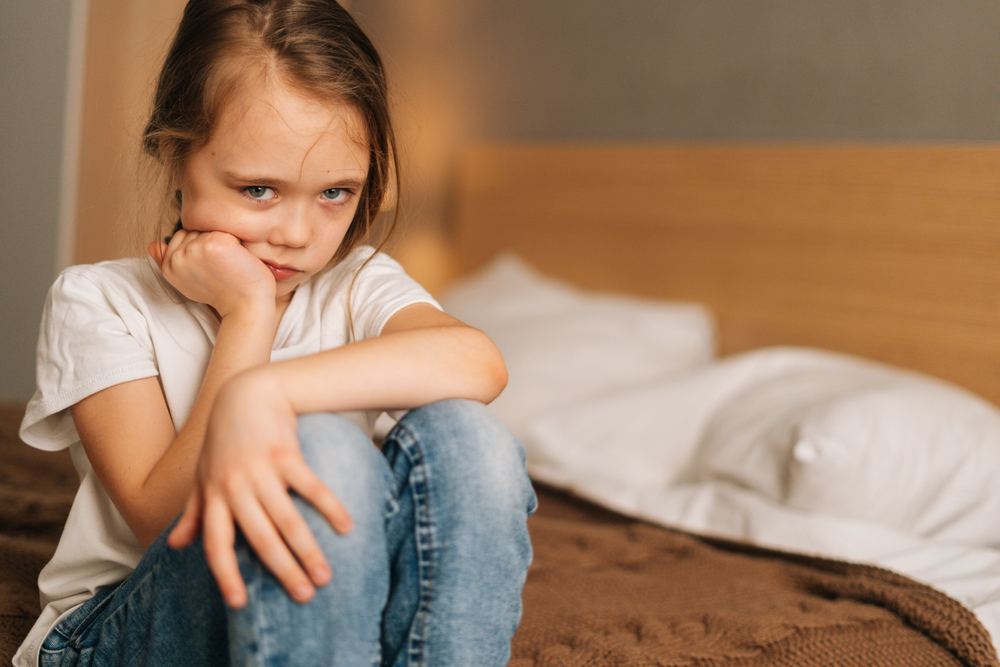
Addiction and self-destructive behaviors can often stem from unresolved childhood trauma or emotional pain. These behaviors might be a way to cope with difficult emotions, numb yourself from pain, or seek temporary relief from underlying issues.
13. You have difficulty trusting your own instincts and decisions.

If you constantly second-guess yourself and doubt your own judgment, it might be because your opinions and feelings weren’t valued or respected during your childhood. You may have learned to rely on external validation and doubt your own abilities, leading to a lack of confidence and self-trust.
14. You experience chronic anxiety or depression.
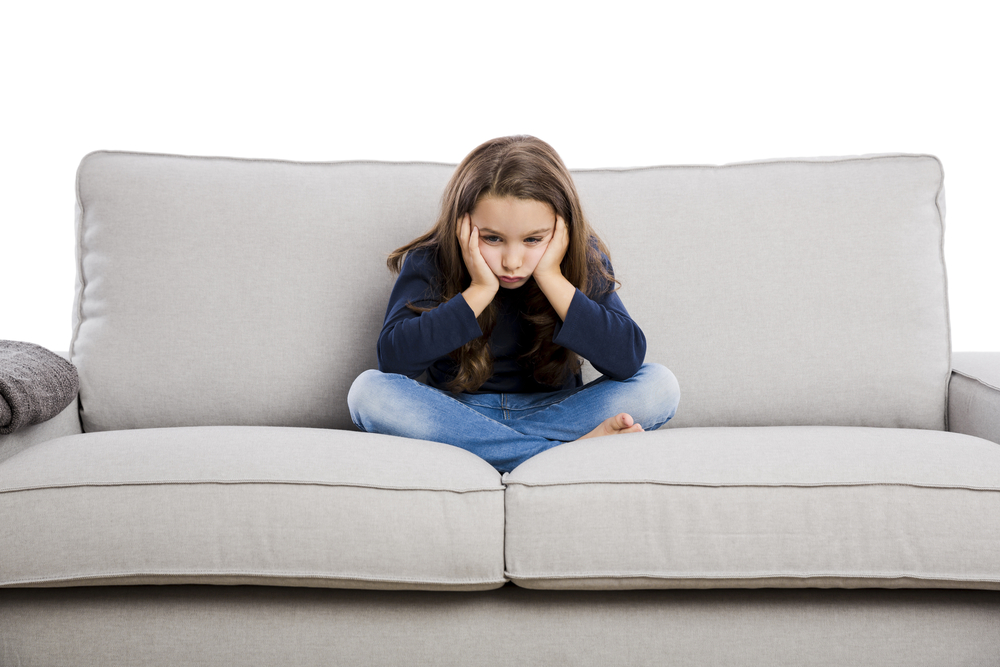
While anxiety and depression can have various causes, unresolved childhood trauma or emotional neglect can be significant contributing factors. If you experience persistent feelings of anxiety, sadness, or hopelessness, it’s important to seek professional help to explore the underlying causes and develop coping strategies.
15. You feel like you missed out on important developmental milestones.

If you feel like you missed out on important experiences or developmental milestones during your childhood, it could be a sign that your emotional or psychological needs weren’t adequately met. According to Healthline, this can lead to feelings of inadequacy, shame, or a sense of being behind your peers.
16. You’re hesitant to talk about your childhood or minimize your experiences.

If you find yourself downplaying or avoiding discussing your childhood experiences, it might be a sign that you’re not ready to confront the pain or discomfort associated with them. It’s important to remember that your feelings are valid and that seeking support from a therapist or trusted loved one can help you process and heal from your past.




